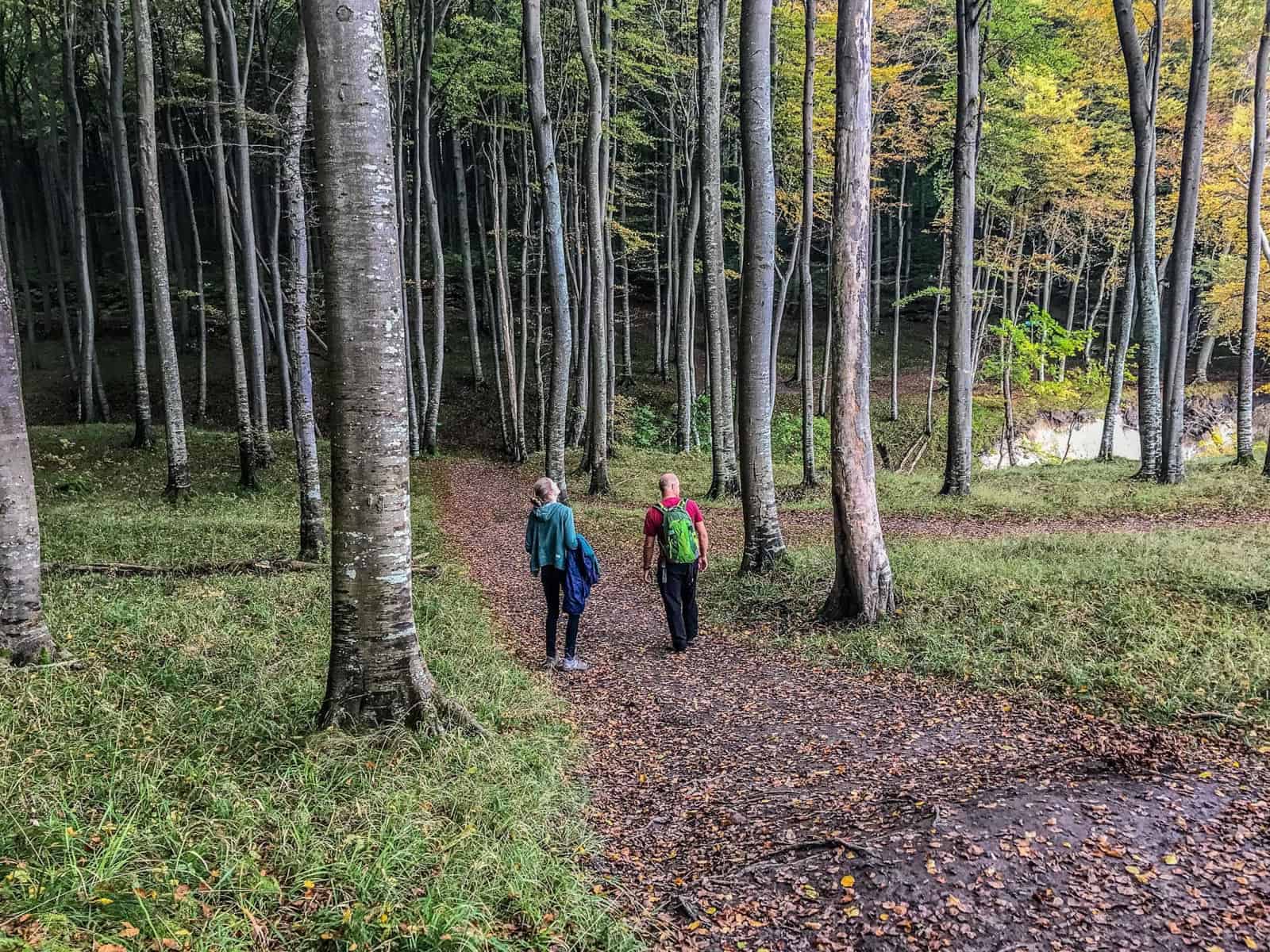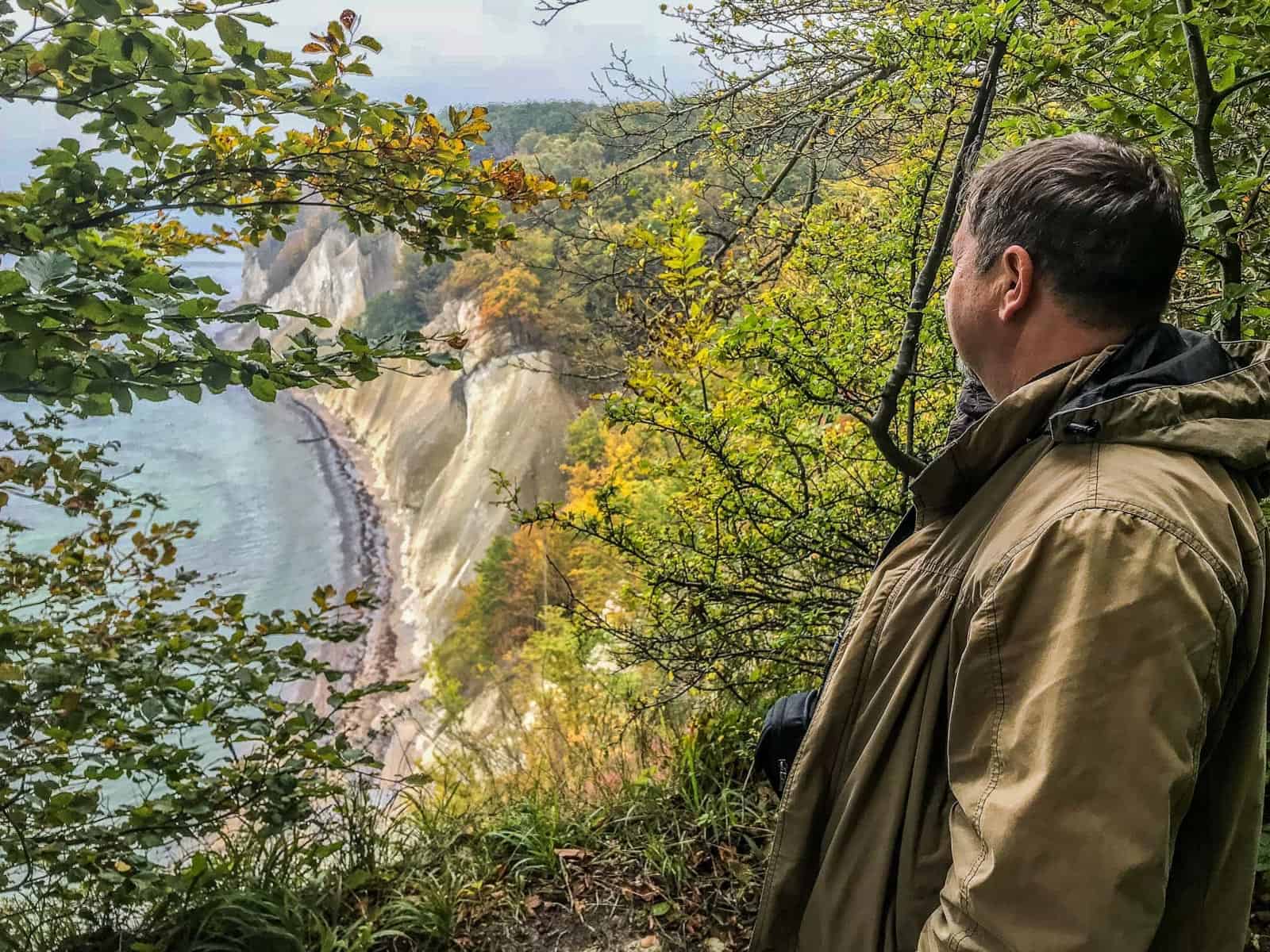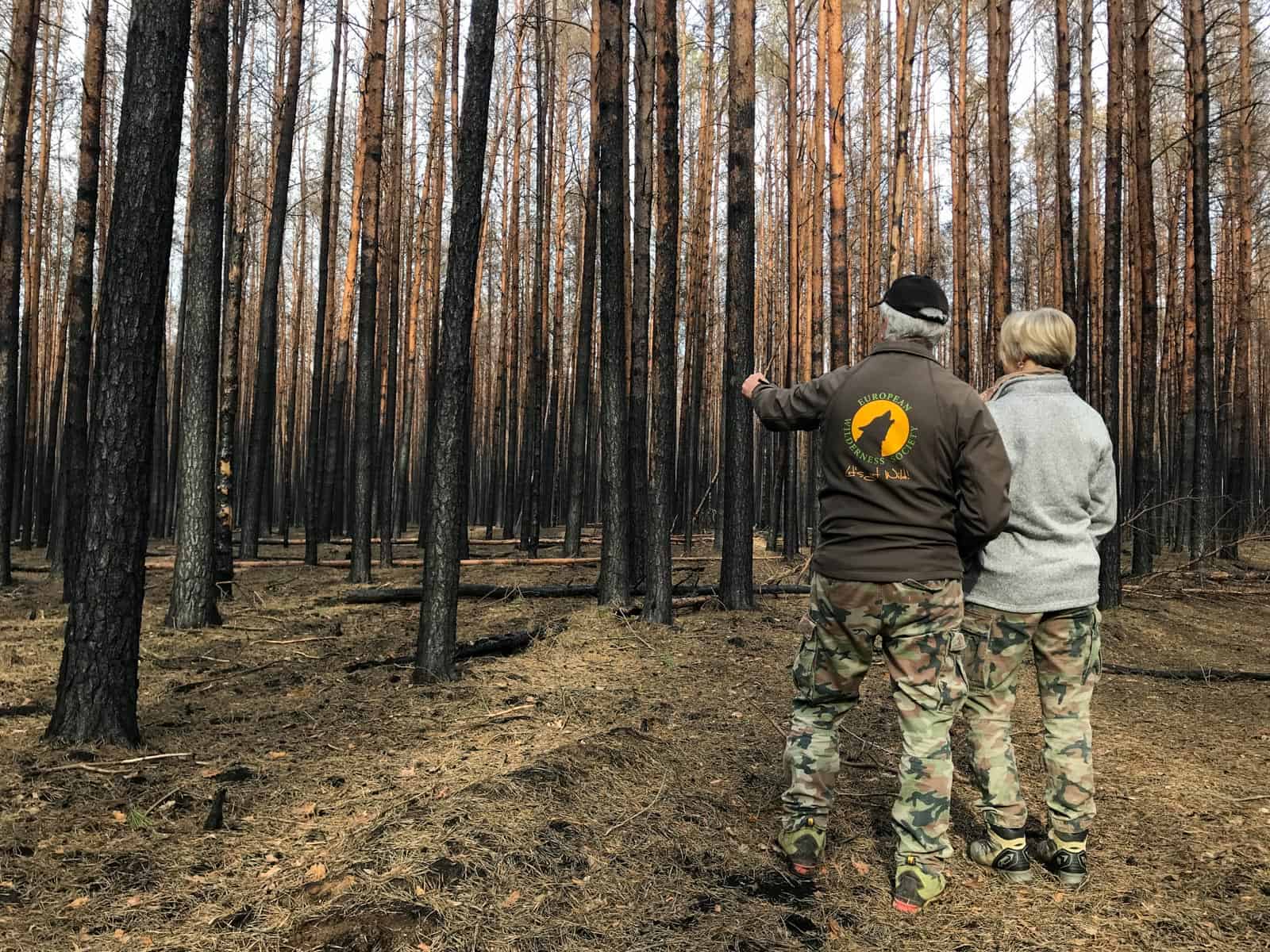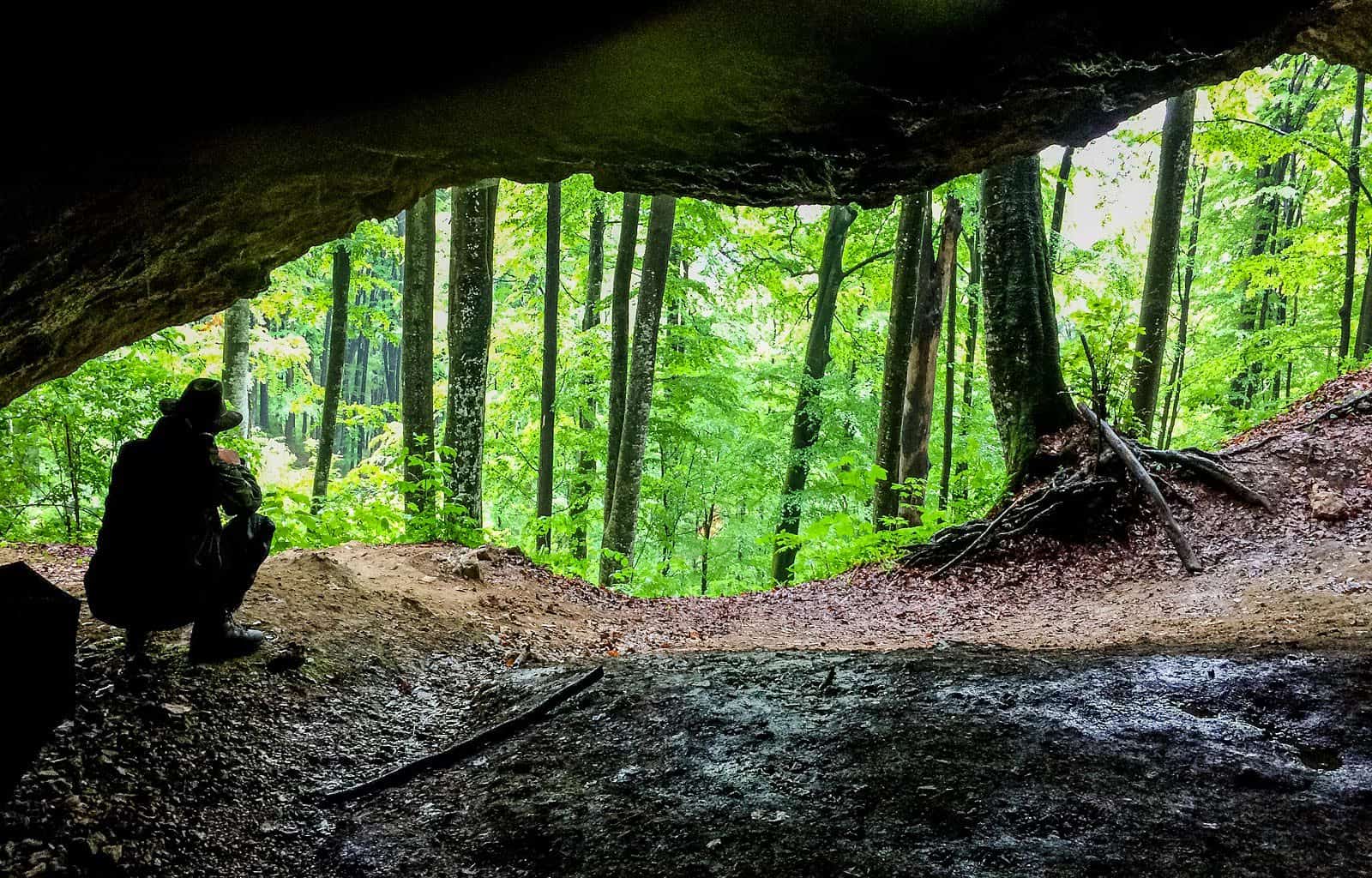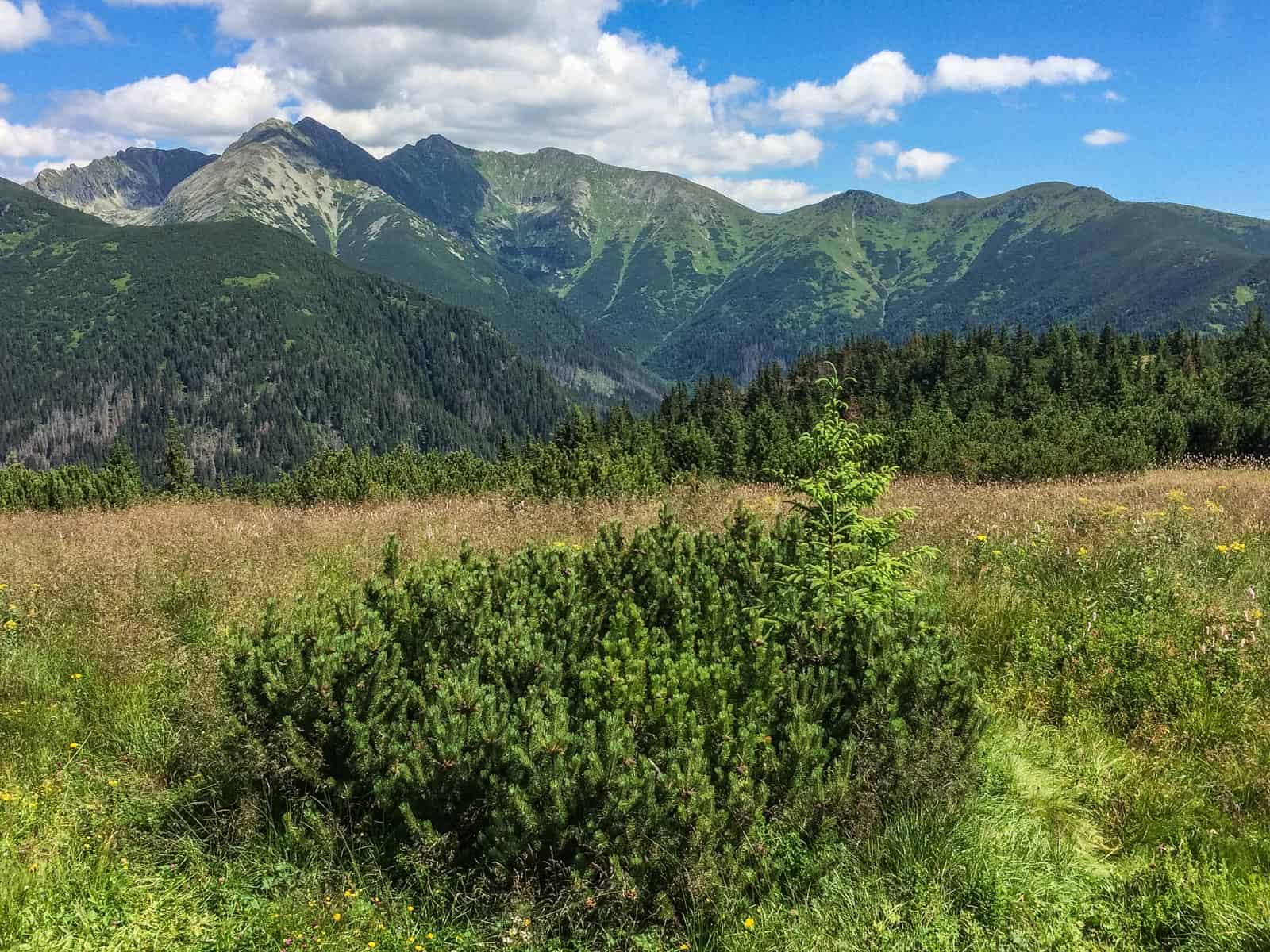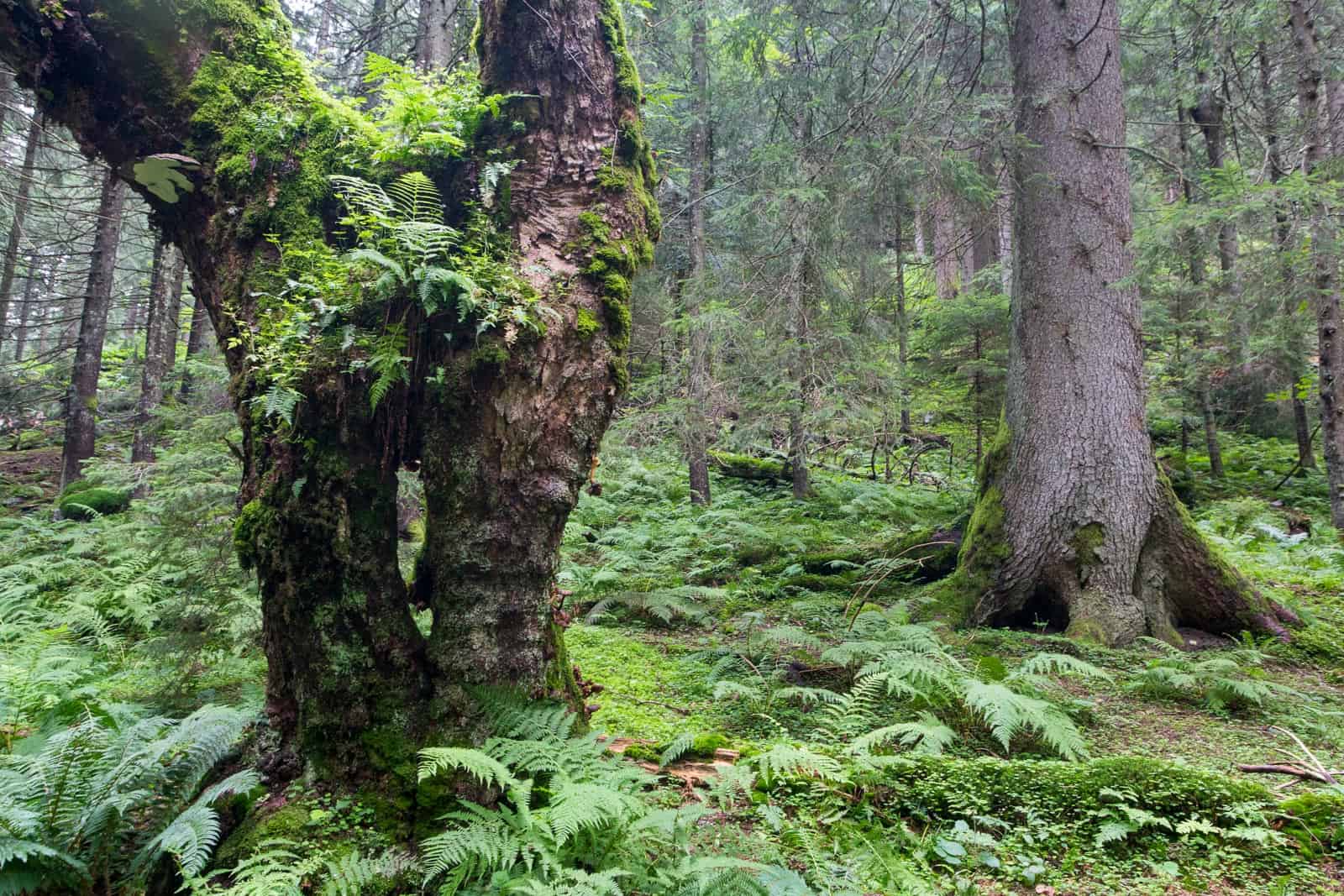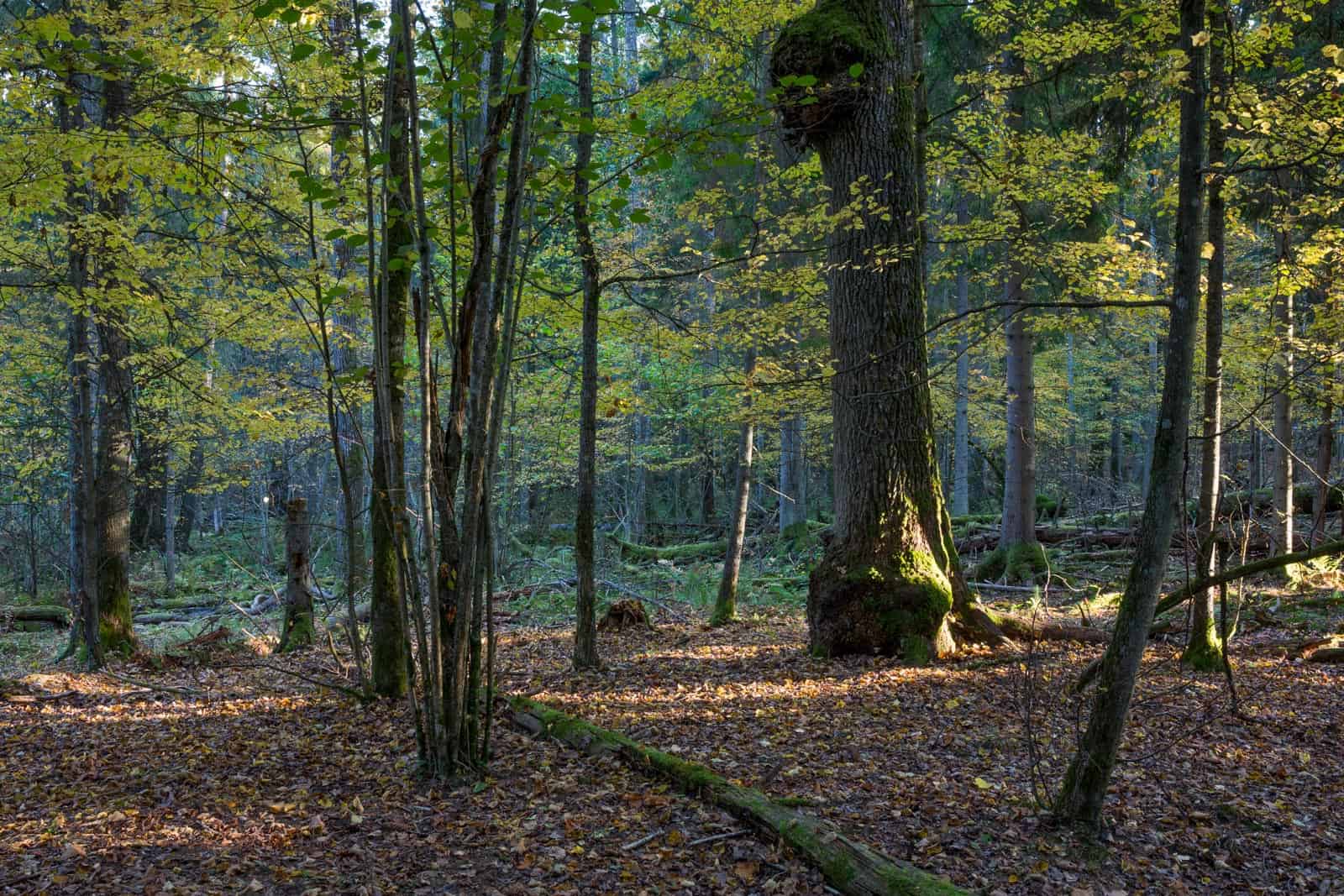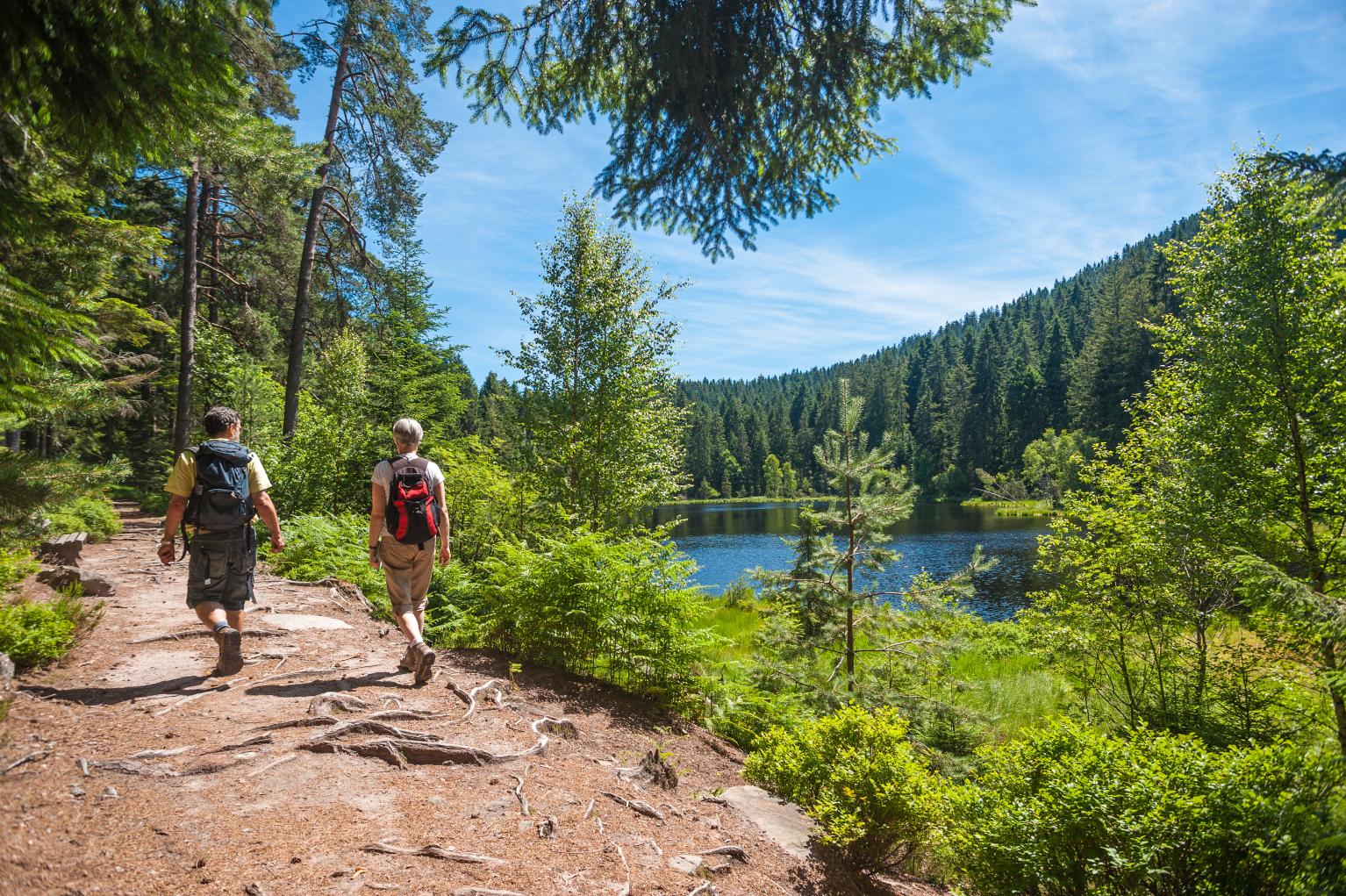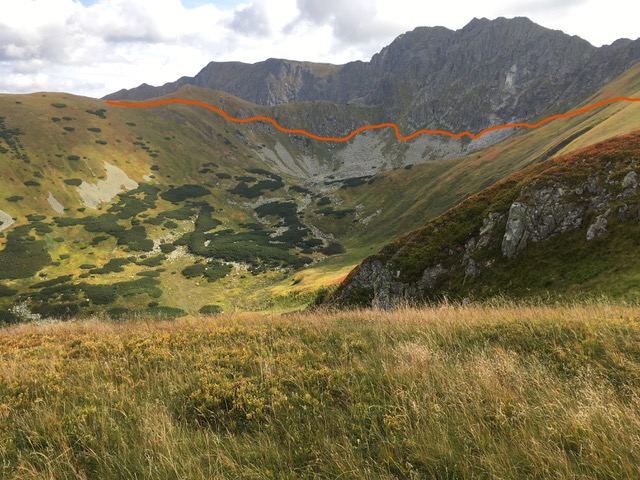New Interreg project starting on UNESCO Beech Forests
We are thrilled to announce that the European Wilderness Society will be starting soon with a transnational and multi-year Interreg project, called BEECH POWER. Under the lead of Eberswalde University for Sustainable Development, together we submitted the project during the 3rd call of the Interreg Central Europe programme. The Joint Secretariat of Interreg has approved this project proposal, which will start officially in April 2019.
Please also read: Viterbo Declaration for beech forests
BEECH POWER
The project, fully called: ‘World Heritage Beech Forests: empowering and catalyzing an ecosystem-based Sustainable Development’ will be a 3-year challenge together with a great partner consortium:
- Eberswalde University for Sustainable Development (Lead Partner) from Germany
- European Wilderness Society from Austria
- Kalkalpen National Park from Austria
- Public Institution Paklenica National Park from Croatia
- Angermünde City Administration from Germany
- Slovenia Forest Service from Slovenia
- National Forest Centre from Slovakia
In addition, the following Associated Strategic Partners are involved:
- Federal Ministry of Sustainability and Tourism, Austria
- Ministry of Rural Development, Environment and Agriculture of the Federal State of Brandenburg, Germany
- CEEweb for Biodiversity, Hungary
- State Nature Conservancy of the Slovak Republic, Slovakia
- Hainich National Park, Germany
- Biosphere Reserve Schorfheide-Chorin, Germany
- Ministry of the Environment and Spatial Planning, Slovenia
- Municipality Loška dolina, Slovenia
- Municipality Kočevje, Slovenia
- European Beech Forest Network e.V., Germany
- City of Starigrad, Croatia
- World Natural Heritage Beech Forest Grumsin e.V., Germany
- Ministry of the Environment of the Slovak Republic, Slovakia
International focus
The UNESCO World Heritage Site ‘Ancient and Primeval Beech Forests of the Carpathians and Other Regions of Europe’ represents the most complex transnational serial natural site in the UNESCO portfolio. It is comprising 78 component parts in 45 protected areas in 12 countries. In BEECH POWER, the partners focus on almost 25% of the components parts, distributed in the five following countries: Austria, Germany, Croatia, Slovakia and Slovenia.
Leading to innovative models
Local management units of the component parts often face similar challenges, like with buffer zone management. However, the respective environmental and socio-economic contexts differ considerably on local and national level. The main objective of BEECH POWER is to improve management quality and effectiveness of the World Heritage site. This is necessary to safeguard the ecosystem integrity of the single component parts. Furthermore, it helps to improve the capacities and active participation possibilities of relevant stakeholders.
The project uses an ecosystem-based and participatory approach, working on different administrative levels to incorporate the World Heritage site in sustainable regional development. As a result, it aims to produce replicable and innovative models for World Heritage beech forests and their local surroundings.
The European Wilderness Society is looking forward to kick-off this project together with our partners soon. Stay tuned for more updates.
The BEECH POWER project is a great step in the right direction to ensure continued protection, appreciation and understanding for the natural heritage beech forests in Europe.

